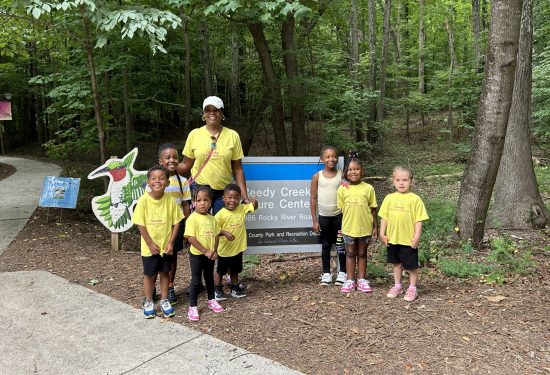In February 2024, the U.S. Department of Agriculture (USDA) published a proposed rule and opened a 90-day public comment period on one, very large, aspect of the Child and Adult Care Food Program (CACFP): the serious deficiency process. In response, Home Grown collaborated with partners and providers to develop detailed comments to USDA regarding the proposed rules.
Thirty-six national organizations representing early childhood educators in family child care, child care centers, Early Head Start, Head Start, and others serving millions of children in care joined Home Grown in an additional letter. Our shared goal is that children, families and caregivers receive the health, economic and food security investments needed to thrive.
Together, we share USDA’s commitment to improving the serious deficiency process as a crucial step to ensuring children can access healthy meals and snacks in child care from providers and CACFP sponsors who they trust and rely on.



